Menu
$99
ValueFree Septic System Inspection
Free enzyme treatment! Financing Available
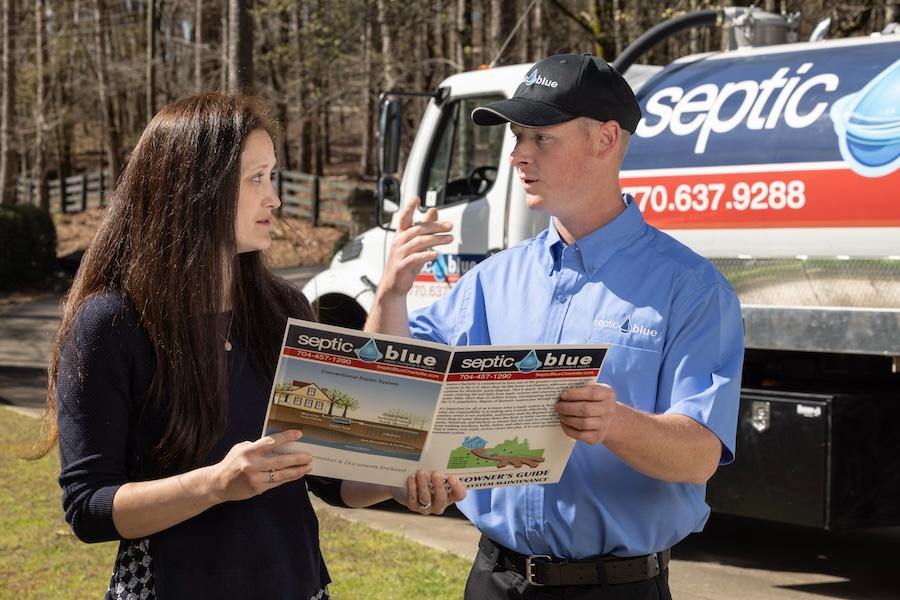
Septic systems are necessary for residences without access to city sewer systems, handling the wastewater produced by your household. Even with routine maintenance like septic tank pumping, your system may still experience problems. Certain types of septic system issues can be expensive, but there are certain scenarios in which homeowners insurance might provide coverage for specific damages. Here are three septic system issues discussed in your policy and ways to protect your investment.
Damage from natural disasters is a frequently covered issue by homeowners insurance for septic systems. Natural disasters like floods, earthquakes, and severe storms can cause serious damage to your septic system. During a flood, excessive water can result in your septic tank shifting, pipes cracking, or sewage backup in your home. Typically, standard homeowners insurance will provide coverage for natural disaster-related damage to your septic system. Nevertheless, it is vital to carefully examine your policy. Certain natural occurrences such as floods or earthquakes might require extra protection through a distinct insurance plan.
If your septic system gets damaged from any of these events, you can call a company for septic tank repairs and, if the situation is bad enough, for a new septic tank installation.
Sudden and accidental damage to your septic system may also fall under the coverage of your homeowners insurance. This could involve scenarios such as a tree root piercing your septic tank or a vehicle unintentionally running over and harming your drain field. Because these events are unexpected and unintentional, your insurance could assist in paying for repairs or replacing the septic tank if needed. If a tree falls in a storm and causes damage to your septic system, your insurance policy may cover the repairs needed for the tank or drain field. In this scenario, a septic company must evaluate the damage and perform any required repairs or cleaning on the septic tank to bring back the system's operation.
A septic company or insurance will not cover any damage that occurs due to the homeowner’s neglect of septic tank cleaning and maintenance. This coverage only applies for unexpected and uncontrollable damages.
All homeowners fear sewage backups in their systems. Not only does it create a huge smelly mess, but it also causes significant harm to your home. Sometimes, homeowner's insurance can pay for the expenses related to a sewage backup, such as cleanup and repair costs, however, backup expenses might not be part of a typical insurance plan. A lot of insurance companies provide this as an additional option, so make sure to review your policy to confirm if you are covered. If your house experiences a sewage backup, a septic company must evaluate the situation, pump the septic tank, and conduct any needed repairs to avoid future problems.
While insurance is always ready to help you out when you’re in time of need, it’s up to you to do the best you can to keep your system healthy so it doesn’t have any issues. The first steps of prevention are proper maintenance. Septic tank cleaning, pumping, and regular inspections will save your septic system and maintain its longevity.
To set up an appointment or learn more about septic insurance, contact Septic Blue of Fort Myers.
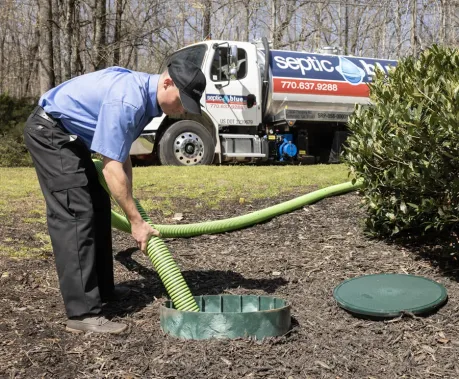
Keeping your septic system in good shape is important for anyone who wants…
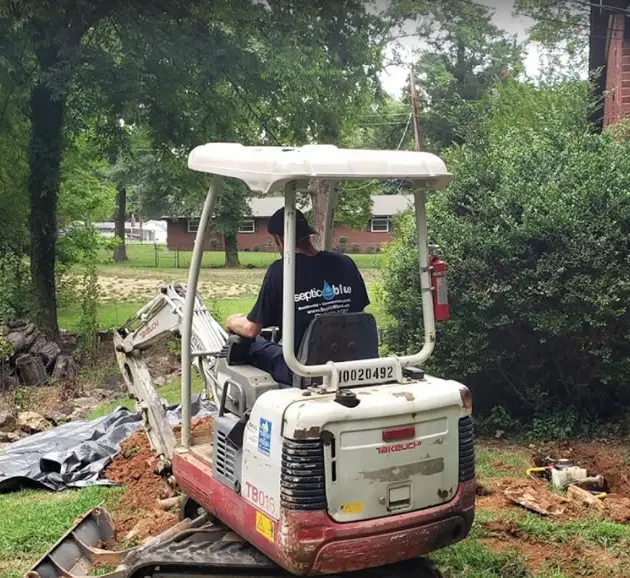
Few things are as important for property owners as a well-maintained septic system.…
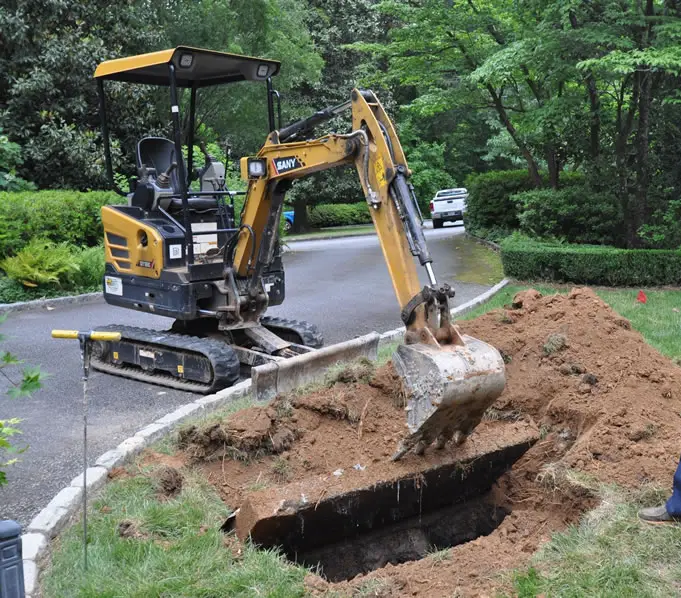
The process of getting a new septic system can seem overwhelming if you're…
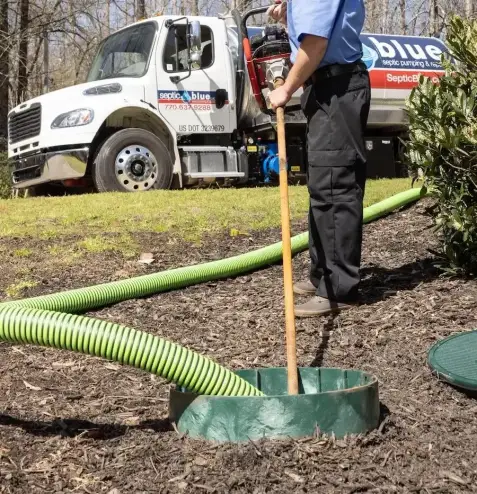
Maintaining a septic system that's healthy is critical for everyone who relies on…

As a property owner, investing in a professional septic tank installation and regular maintenance is crucial. While…
Septic systems are necessary for residences without access to city sewer systems, handling the wastewater produced by…
The invention of the septic tank transformed the way households and communities manage wastewater, playing a crucial…